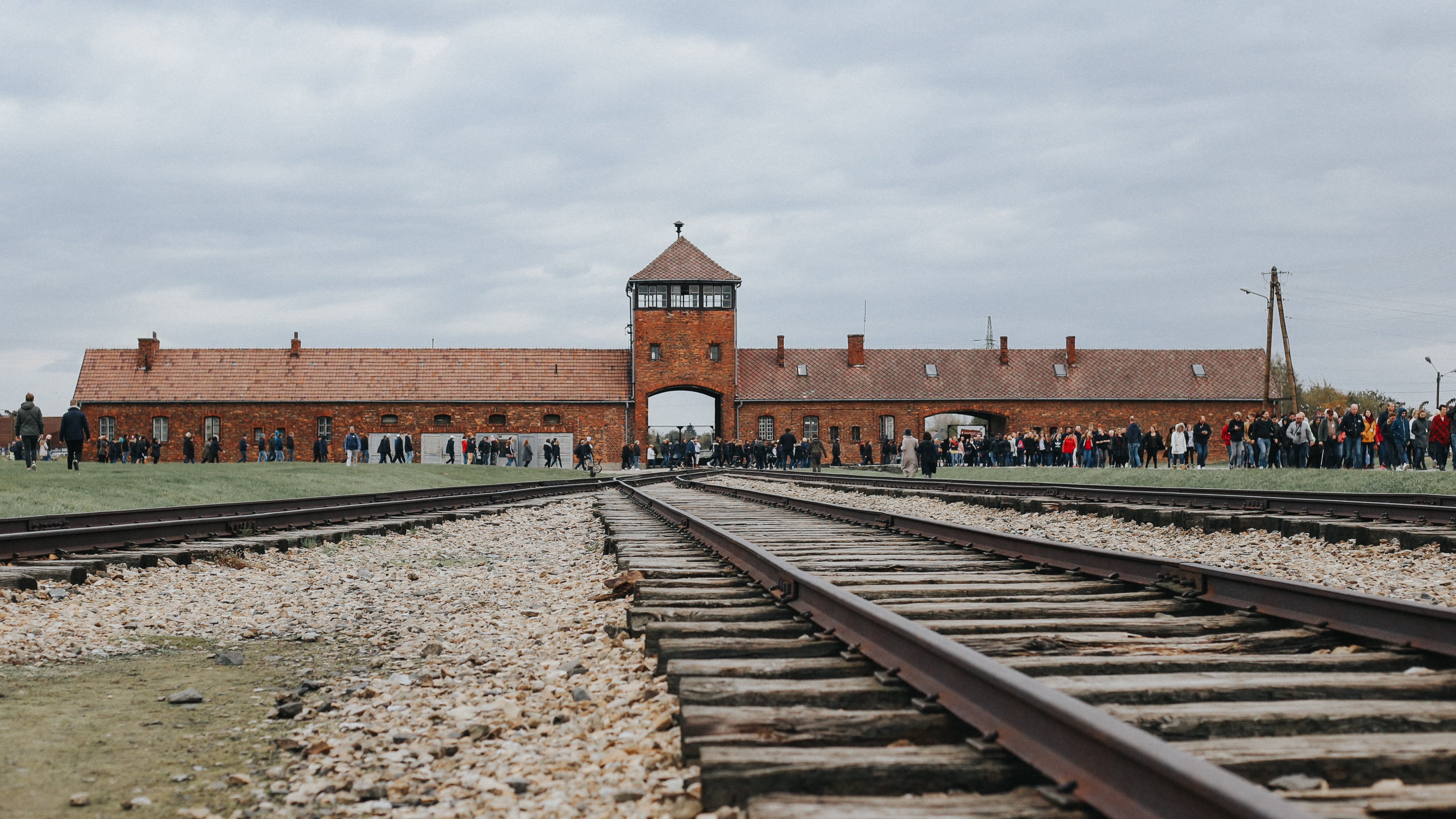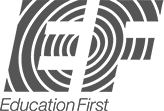Travelers on EF Study Abroad programs can receive our EF/Nobel Prize Museum Global Citizen Certificate, issued by EF Education First and the Nobel Prize Museum, upon completion of a multimedia project based on their study abroad experience. The Global Citizen Project is designed to equip students with the skills to be leaders for peace and global prosperity and can use this certificate of completion in their own resumes, LinkedIn profiles, and portfolio. Learn more about our Global Citizen Project.

Our travelers responded to this prompt: The Nobel Prize Museum celebrates the world-changing ideas of the Nobel Laureates, and their commitment to making the world a better, more truthful place. How did your travel experience help you deepen your appreciation of the global dimensions of your program, uncover a truth about the world, develop a new idea, or provide you with the knowledge, skills and attitudes that will enable you to contribute to making the world a better place?
Global Perspectives Certificate Paper
Project submitted by: Deann Downs, Rowan University
As a recent college graduate, in the field of history, my knowledge of the Holocaust was extensive prior to the trip. However, I knew this trip would be beneficial to my future career in historical studies, and I understood that this trip was a once in a lifetime opportunity. The itinerary demonstrated the immense amount of places that would be visited, leading to an abundance of learning opportunities. Prior to leaving for the trip I imagined there was much to be learned, but this trip exceeded my expectations and taught me so much more than I could have ever thought.
Learning through a textbook will never do a topic such as the Holocaust true justice. Reading about concentration camps was incomparable to seeing them in real life, adding a whole new element of my understanding of them. Textbooks tell of the struggles of victims of the Holocaust, and this trip brought such personal stories into the light and the struggles could be seen by the remanence of exhibits seen throughout the cities visited. Traveling to these horrific landmarks left behind by the Nazi regime helped me understand the global effects the Holocaust had on Europe, and on its people. Visiting these landmarks provided a new way for me to understand the conditions victims of the Holocuast were forced into, the role of the average bystander, and the atrocities committed by the Nazi regime.
This trip has allowed me to discover truths about the Holocaust that were unknown to me prior. As I discovered, concentration camps were often located in places where people lived and worked, and life right outside the walls of the camp continued as normal. This concept was really brought to my attention as we visited the old concentration camps and were able to see civilization so close. A major truth I came to terms with on this trip was how much of the world knew what was going on and allowed it.
The major questions I wanted to answer on this trip was how was Europe able to move on after the war, how much was memorialized, and how much of the Nazi past was hidden? Berlin was the first city we visited, and the city is decorated in memorials, it seems as though the average German passes a few memorials everywhere they go. Warsaw is a city, we were told, that attempted to reject memorialization and hide the past. Although there were still some memorials in this beautiful city, there were comparatively less than others. Krakow and Munich also had memorials, and seemed to commemorate the Holocaust in their own ways.
We were taken on many different tours of synagogues that aided our knowledge of the Jewish religion and history. The background knowledge given to us about how the Jews were treated before the Nazi rule contributed to my undersanding of why they were persectued without much objection from other groups. Synagogues also provided information about the Jewish faith, and the knowledge was also very interesting. The deeper understanding of the Jewish community that was gained on this trip will enable me to contribute to making the world a better place. The more I understand the customs and beliefs of the Jewish community the more I am able to advocate for them. The knowledge of how the Jewish community has been targeted by different people and groups can be used when explaining to others why we need to look out for different religious groups and minority groups, groups that are often discriminated against openly. This experience has demonstrated how easily a group can be openly discriminated against and harmed, while the world knows it is happening, and that group still does not receive help. The knowledge gained from this experience has shown me how important it is to speak up and help others, because the little acts of resistance that did occur under the Nazi regime did save lives. Everything on this trip was a reminder that an event such as the Holocaust did happen once, and therefore can happen again if people do not actively work against it occurrence.
The tour guides on this trip did a tremendous job at respectfully speaking about the Holocaust, which I envy so much. I will continue to mirror the skills of these tour guides, ensuring to be culturally sensitive, politically correct, and understanding while talking about the Holocaust. It is very important to be respectful to the victims of the Holocaust, and talk about the perpetrators in a way that does not glorify them or their actions. The tour guides would often tell the history of the area, discussing both the victims and perpetrators, but always made sure to sympathize with the victims. Our tour guides were also very good at allowing us to take time and comprehend everything we just learned, because the topic of the Holocaust is so heavy. The skills these tour guides possessed are something I hope to remember and use in my future discussion of the Holocaust.
The attitude I hope to carry about the Holocaust, that will help make the world a better place, is the seriousness of the topic. I hope to portray in all my future conversations about the Holocaust that this event is more than just a chapter in a history book, this was the damage and loss of millions of lives, this event lead to the destruction of Europe physically, mentally, and emotionally. The Holocaust is a genocide that occurred and can occur again, as genocides have followed this event. The death, displacement, and destruction of a society occurred in a little over a decade, and the repercussions are ever lasting. The Holocaust should never be forgotten, the victims deserve justice, and the world should be working to be a place where this never happens again.
My journey to Germany, Poland, Czech Republic, and Austria has taught me more than a textbook or class lecture could. Through this experience I have come to understand the greater repercussion of Nazi rule in Europe, the processes of dehumanization the victims went through, how different places deal with memorialization of the Holocaust, and how the rest of the world stood by silently watching. The memories of this trip will last my life time, and I hope as I continue to teach, learn, and research about the Holocaust, that these memories will be pasted on and the importance of the Holocaust and Holocaust education also be emphasized.
See the other Global Certificate projects here.

